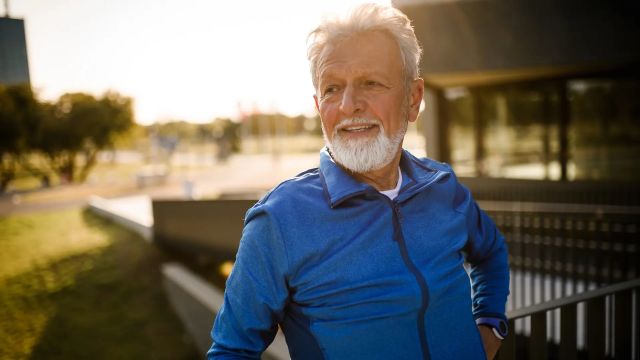What are the biggest challenges people face when they are diagnosed with a rare type of lymphoma?
Finding a physician with a special interest in and experience managing the disease. Bigger cancer centers with a high volume of patients usually have physicians who are studying rare cancers. At major cancer centers physicians and nurses work in teams with pathologists and therapeutic radiologists to coordinate complex treatment plans. Teamwork assures that all appropriate options for management are considered.
Is the process of treating a rare type of cancer different than treating a more common type of cancer?
It depends on the type of cancer and how aggressive it is. But generally speaking, the process will be similar to approaches in more common cancers.
Are there additional challenges for oncologists?
In the current exciting research environment, new diagnostic approaches, molecular techniques, and new treatments are coming into use all the time. A physician with a special interest in a rare cancer will be aware of a newer treatment even while it is in its experimental phase and be able to gain access for patients to breakthroughs and new clinical trials, if appropriate.
Are there additional challenges for patients?
Finding an experienced physician with a special interest in a rare tumor may mean traveling to a distant major cancer center. Patients prefer to stay as close to home as possible.
In addition to oncologists, what other providers should a person with lymphoma be working with?
A key component of the care of lymphomas of all types is the molecular analysis of tumor tissue, as the findings may direct the choice of therapy. Therefore, the managing physician needs to have access to molecular diagnostic facilities.
The family physician needs to be kept informed of the approach to management as they will often be the doctor providing the general medical care of a lymphoma patient in follow-up.
For the more indolent lymphomas, like Waldenstrom macroglobulinemia, the family doctor can often manage the chronic phase of the disease and save the patient travel time.
Dr. Vincent T. DeVita, Jr., Sharecare Editorial Advisory Board Member, is the Amy and Joseph Perella Professor of Medicine at the Yale Cancer Center, and Professor of Epidemiology and Public Health at Yale University School of Medicine.



